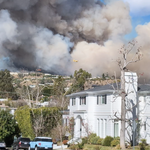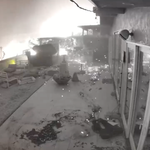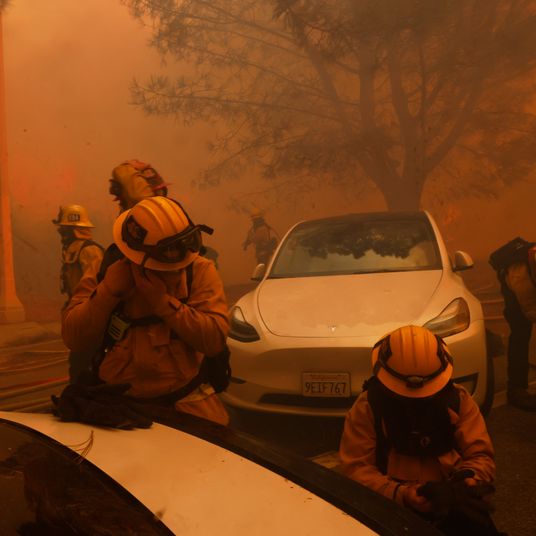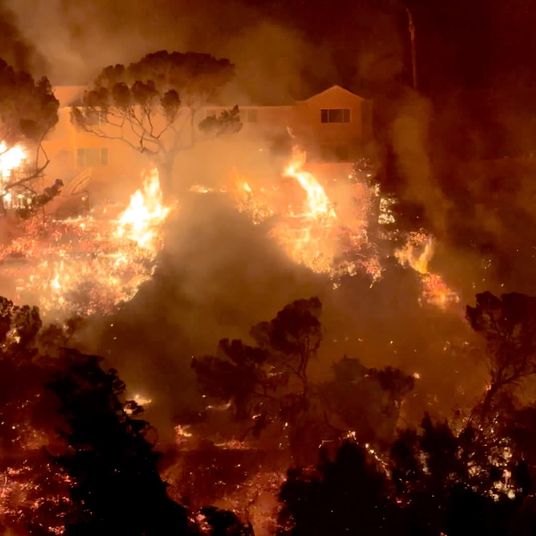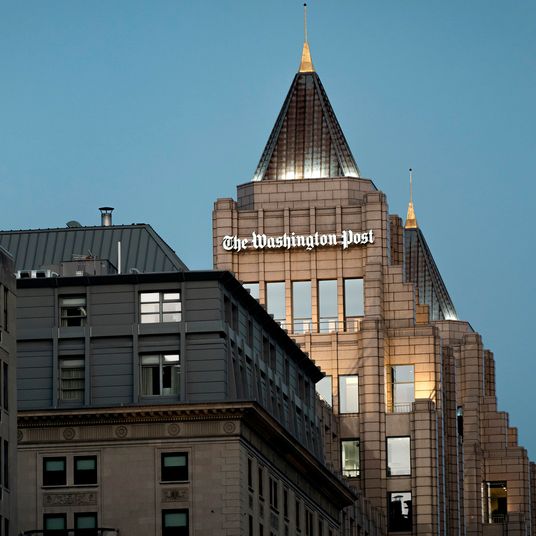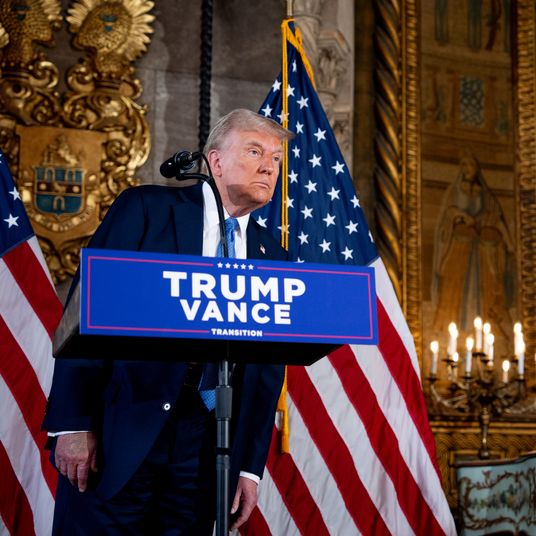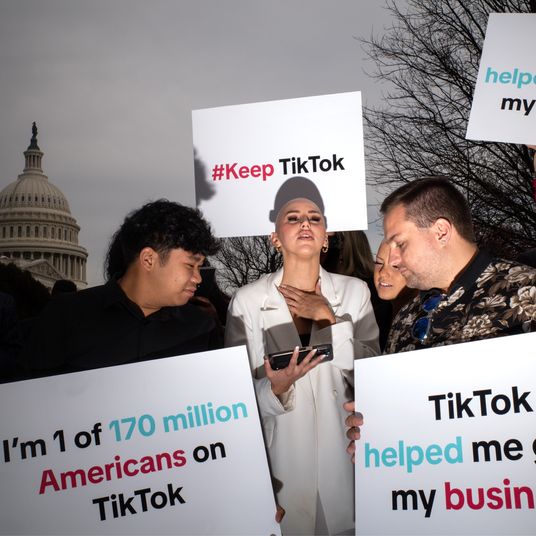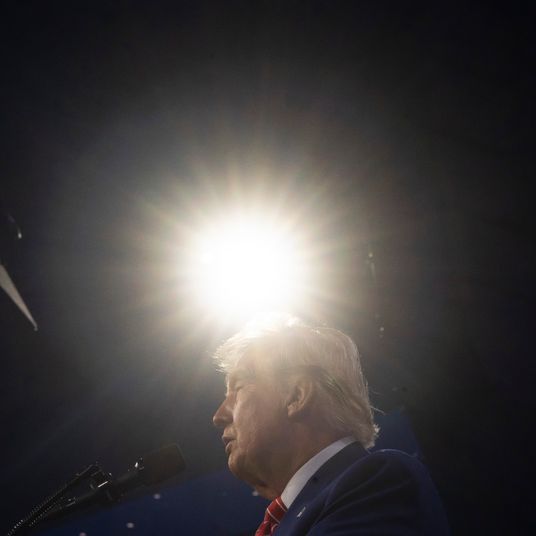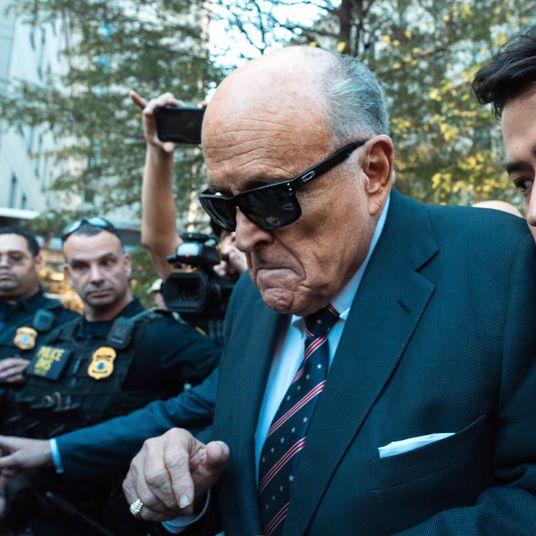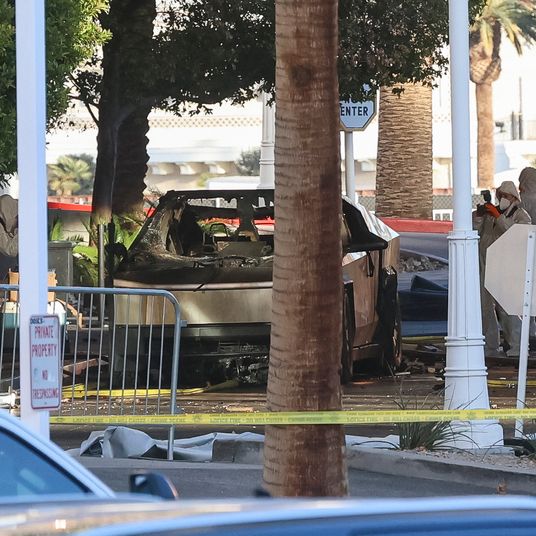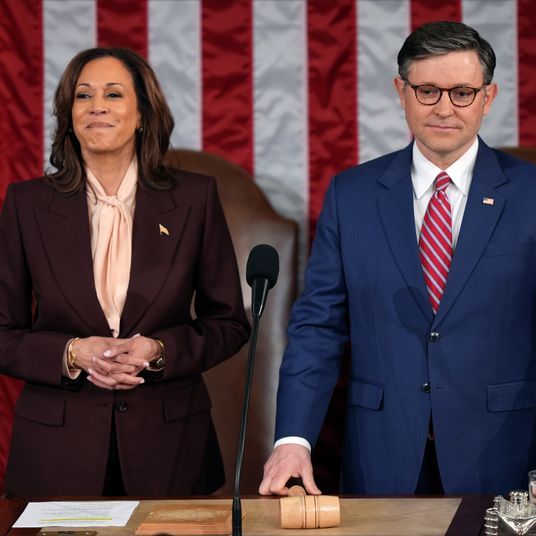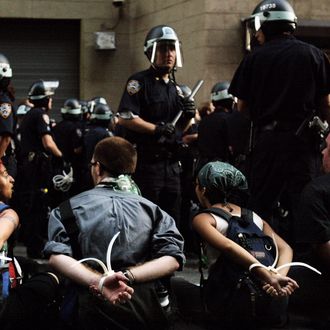
The lawsuits against the city over the arrest of thousands of people protesting the Republican National Convention in 2004 seem like they’ve been dragging on for decades. In reality, it’s only been about one decade. But on Wednesday the city settled the bulk of those cases, with more than 1,600 plaintiffs, for a whopping $18 million. Both NYCLU executive director Donna Lieberman and Martin Stolar, a National Lawyer’s Guild attorney who represented some of the plaintiffs, said it was the biggest settlement they’d ever heard of in a mass-arrest case. Lieberman called it “a lesson, certainly,” to the city of New York and to people all over the world, that squelching protests does not pay. “It appears to be the largest settlement of a mass-arrest case in history. Or at least in U.S. history,” Stolar said.
The settlement closes all but six cases against the city, Leiberman said. It includes some 430 individual plaintiffs as well as 1,200 members of a class action, the New York Law Department said in a joint statement with the plaintiffs.*
“I’ll simply say I’m glad the case is settled,” Mayor Bill de Blasio said on Wednesday. “We’re going to take a very different view going forward on how we respect people’s rights to express themselves.”
All told, the settlement earmarks $7 million for lawyers’ fees, the joint statement said, though Stolar said lawyers were getting closer to $5 million. The average payout for plaintiffs came to $6,400 each, according to the AP, which cited a statement from the New York Law Department. Individual plaintiffs got between $15,000 and $40,000 each, depending on how long they spent in custody among other factors, Stolar said. Members of the class action got about $5,000 each
“I don’t think it’s that much money. For me, I knew once it was all divvied up it would be a small amount for all of us, but I wanted to stick it out because I didn’t want that to happen to anyone again,” said Nazie Fatima Shekarchi, a chef from Los Angeles who said she was visiting friends during the protest and not participating in it when police rounded up a crowd on the block where she was walking.
“In the confusion I sort of got caught up,” she said. “Officers said just calm down. If you’re not involved in the protest we’ll let you out. After 45 minutes or so it was announced we were all being arrested.” Shekarchi then spent 48 hours in custody, where she got sick.
Another protester, Courtney Lee Adams, said she spent 29.5 hours in custody, including some time handcuffed to a wheelchair at Bellevue, where she was taken to receive medicine. “It was a humiliating situation,” she said.
“It was vitally important to defend the City in this litigation, and we are proud of the major victories we achieved,” Celeste Koeleveld, executive assistant corporation counsel for public safety at the New York Law Department said in a press release. “Among other successes, the constitutionality of key police policies used during the RNC was upheld, and an effort to restrict the NYPD’s ability to police large-scale events was rejected.”
The case has been winding its way through the courts for years, but in 2012 a federal judge ruled the mass arrests were illegal. “I think we are very close to closing the books on the 2004 RNC,” Lieberman said. “I think that almost everybody feels its about time.”
*Note: The Law Department has issued a correction to its initial press release, indicating that the settlement covered more than 1,600 plaintiffs, not 1,800, including 430 individual plaintiffs, not 600. We’ve updated the story to reflect those corrections.


